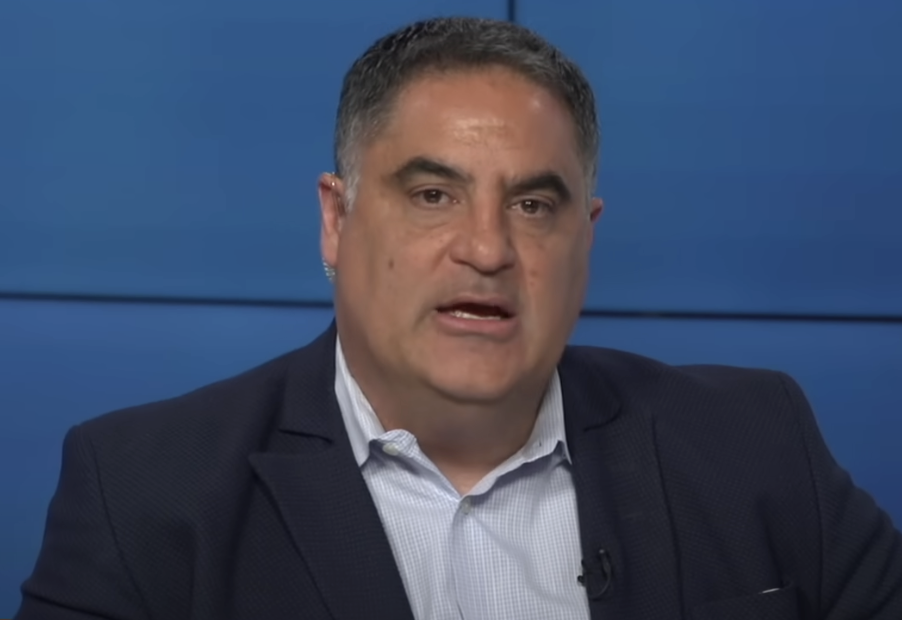The recent comments made by Cenk Uygur, founder and CEO of The Young Turks, regarding Hurricane Helene and abortion have sparked intense debate and backlash. Uygur’s assertion, made on social media, posited that the hurricane serves as a form of divine punishment directed at states with anti-abortion laws. Utilizing biblical references, specifically Numbers 5:11-31, he suggested that God has sent the hurricane to express displeasure towards those who have outlawed abortion. This statement is particularly controversial not only because of the calamity caused by the hurricane, which has led to a significant death toll but also due to Uygur’s controversial interpretation of religious texts that many believe misrepresents their true meaning.
Critics, including rapper Bryson Gray, quickly dismissed Uygur’s interpretation of Numbers 5:11-31, arguing that he has fundamentally misread the scripture. Gray clarified that this biblical passage does not mention pregnancy or serve as a divine endorsement of abortion, but instead focuses on the consequences of adultery and dishonesty, casting doubt only on the purity of the woman’s womb if she were found guilty. This highlights the danger of conflating personal beliefs, political passion, and scripture in a way that could mislead the public about significant moral issues such as abortion. The backlash against Uygur included pointed criticisms labeling his remarks as evil and blasphemous, emphasizing an overwhelming disapproval from Christian communities and others who feel he crossed an ethical boundary.
The anger directed at Uygur also underlines a broader concern about the intertwining of natural disasters with political discourse. Many users on social media expressed disbelief that an atheist like Uygur would attempt to convey divine judgment or knowledge of God’s intentions. This disconnect raises important questions regarding the nature of religious interpretation and who is deemed credible when discussing such sensitive and profound topics. The idea that one can claim to speak for divine will, especially when lacking accompanying faith or belief, can be viewed as deeply problematic and self-serving in the political landscape.
Uygur’s provocative statement can be seen as a manifestation of his media strategy, which often revolves around sensationalism and “rage bait.” The platform aims to evoke strong reactions to boost engagement, yet this approach risks trivializing serious issues and manipulating public sentiment. While Uygur undoubtedly has a keen understanding of political dynamics, his calculated provocation with comments on a tragic event reflects broader trends in media where controversy often trumps substance. His remarks appear tailored not for thoughtful discourse but rather for capturing attention at any cost, including the potential harm caused to those grieving the impacts of Hurricane Helene.
In analyzing the nature of Uygur’s statements, it becomes evident that figures like him often exploit moments of tragedy for their own agendas, thereby drawing lines within the political narrative that can exacerbate division rather than foster unity. The emotional fallout from natural disasters has historically been a moment for community solidarity, yet Uygur’s rhetoric exemplifies a deviation from this narrative into one where calamity is twisted into a political weapon to criticize and blame others. This calls into question the ethics of using tragedies as fodder for political commentary and the responsibilities of public figures in their messaging.
It is crucial for the public to acknowledge the potential consequences of inflammatory statements such as those made by Uygur and to demand greater accountability from media figures who wield significant influence. Engaging in dialogue around serious subjects like abortion and divine judgment should be approached with care and a genuine understanding of the implications. Ultimately, the intersection of faith, politics, and social justice requires sensitivity and respect for differing beliefs—core tenets that should guide discussions, particularly in the aftermath of disasters that affect countless lives.

